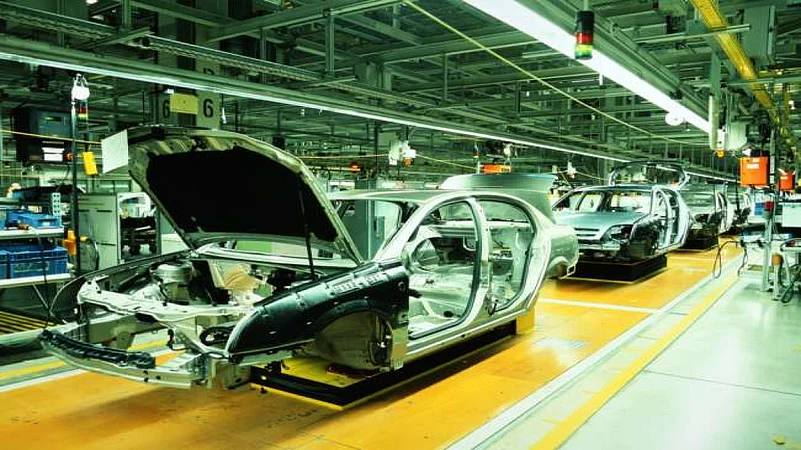The government has rejected a USD 1 billion investment proposal of Chinese electric car maker BYD and its Hyderabad-based partner Megha Engineering and Infrastructures Ltd (MEIL) to set up an electric vehicle manufacturing plant, sources said.
Domestic infra major MEIL and BYD's joint venture proposed to set up an electric vehicle (EV) manufacturing plant in Telangana with a joint investment outlay of USD 1 billion (around Rs 8,200 crore).
Sources said that the proposal was submitted to the commerce and industry ministry which was circulated for necessary scrutiny and approval from the ministry of heavy industries, the ministry of external affairs and the home ministry.
It was discussed and decided not to approve the proposal, they said.
Comments from BYD could not be obtained as an email query remained unanswered. MEIL also did not respond to an e-mail seeking its comments on the development.
The proposal was under scrutiny because as per FDI rules, any proposal having investments from countries, which are sharing land border with India, mandatorily requires government permission.
Under Press Note 3, the government has made its prior approval mandatory for foreign investments from countries that share land border with India. These countries are China, Bangladesh, Pakistan, Bhutan, Nepal, Myanmar and Afghanistan.
BYD is currently a technology partner to MEIL's Olektra.
As per industry sources, MG Motor, a British brand owned by China's largest automaker SAIC Motor Corp, has been awaiting government approval to raise funds from its parent.
The automaker has been looking to raise capital for some time now to fund its expansion.
With little success so far, it has now started looking for other options to raise the required capital.
India received USD 2.5 billion FDI equity from China from April 2000 to March 2023.

Union Cabinet Clears Rs 26,000 Crore Scheme To Amplify Automobile Production, Increased Focus On Electric Vehicles
Union Cabinet Clears Rs 26,000 Crore Scheme To Amplify Automobile Production, Increased Focus On Electric Vehicles
Published At:
- Previous Story
 Bharat Taxi App Launches in India – Check Tech Features, Driver Welfare & Services
Bharat Taxi App Launches in India – Check Tech Features, Driver Welfare & Services - Next Story
MOST POPULAR
WATCH
MORE FROM THE AUTHOR
×























